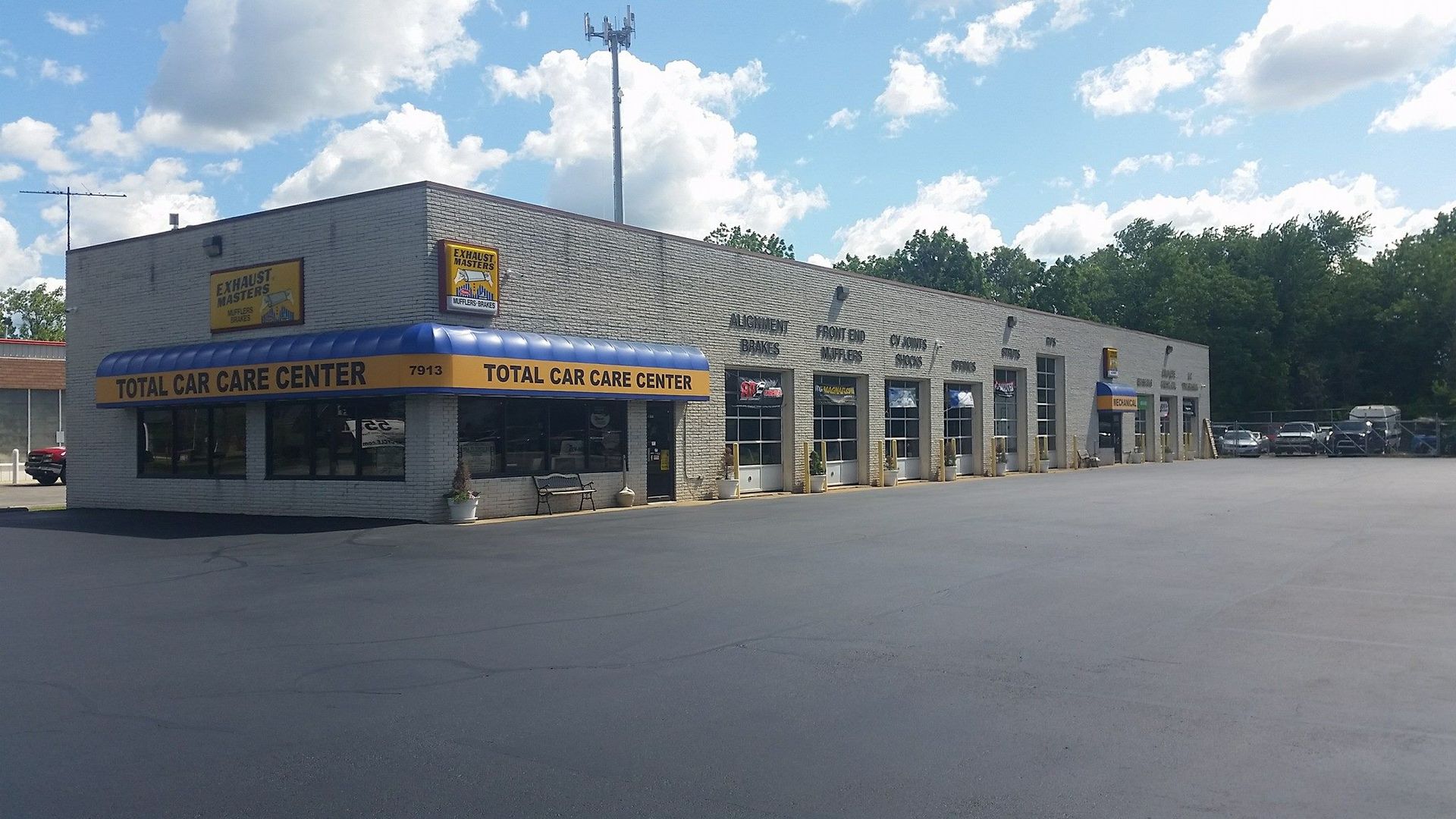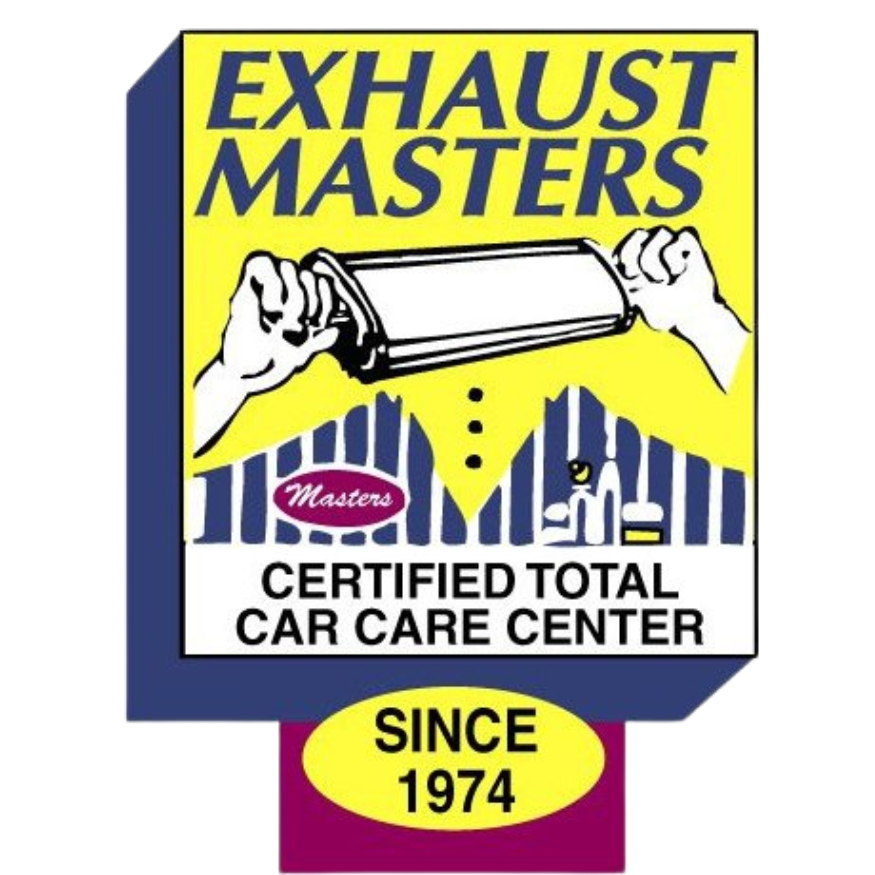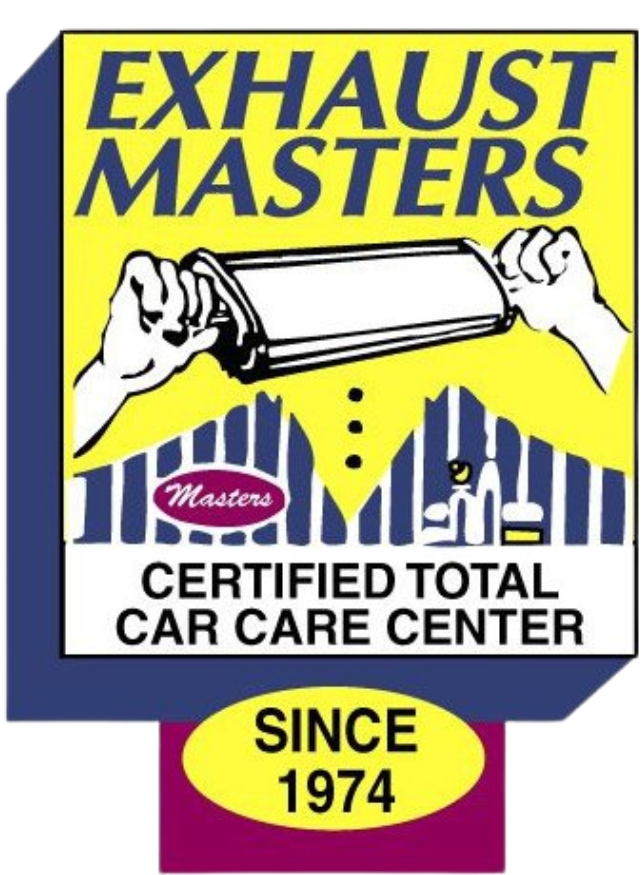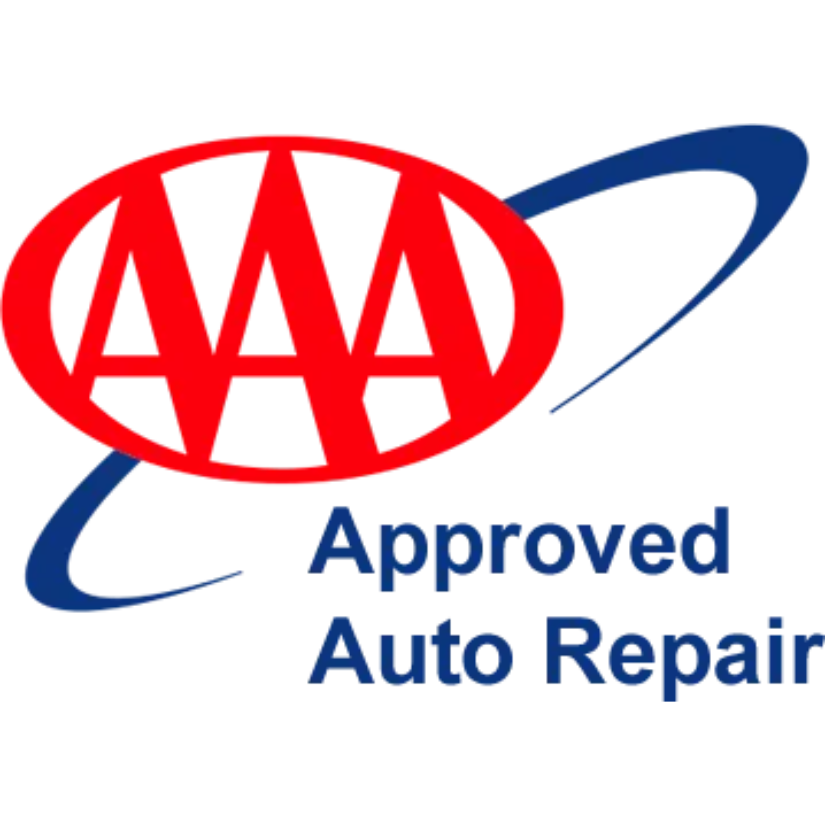CALL US FOR ANY AUTO REPAIR! (219) 738-1234
Why Is My Check Engine Light On? What You Need to Do
Common Causes of a Check Engine Light
It’s never fun when the check engine light comes on in your vehicle. This could indicate a variety of issues, and our minds start to race, wondering what the problem is and how much it will cost to repair. In this blog, we will explore common reasons why the check engine light turns on and what steps you should take when it happens.
1. Loose or Damaged Gas Cap
This could be one of the simplest reasons why your check engine light is on. When the gas cap is loose or damaged, fuel vapors can escape, causing the vehicle’s fuel system to trigger the check engine light. To check if this is the issue, inspect the gas cap. If you tighten it and the light doesn’t turn off, the problem may lie elsewhere.
Unless you can tell that the gas cap is damaged, it’s probably a good idea to get a professional opinion. If you tighten the cap and the check engine light turns off, you may have found the issue. However, if it comes back on, it’s recommended to have a mechanic check it out.
2. Faulty Oxygen Sensor
Oxygen sensors monitor the oxygen levels in the exhaust system. This ensures efficient fuel combustion. A sensor that malfunctions can lead to poor fuel efficiency, increased emissions, and poor engine performance. Even worse, if the sensor fails, you will need to have it replaced.
The sensor is crucial to the engine’s fuel mixture and emissions control, so if you don’t address it quickly, you could be paying more later for larger engine issues.
3. Catalytic Converter Malfunction
Catalytic converters help by converting exhaust gases into less harmful substances, which reduces destructive emissions. A check engine light can indicate an issue with the catalytic converter. If it fails, the performance of your engine will be reduced, which means higher fuel consumption, and potential damage to other components of your engine.
The only remedy for a damaged catalytic converter is replacement, which can be costly. So be sure to get your vehicle checked when you first see that check engine light appear.
4. Worn Wires or Spark Plugs
Spark plugs are responsible for igniting the air-fuel mixture in the engine. When they wear out or become faulty, it can cause the engine to misfire. Worn spark plugs can cause poor acceleration, rough idling, high emissions, and lead to severe engine damage if left unattended. If worn spark plugs are the cause of your check engine light being on, a mechanic can replace them.
5. Mass Air Flow Sensor Issues
MAF (mass air flow) sensors measure the amount of air entering the engine. This helps the car’s computer figure out the right amount of fuel to inject. When the MAF sensor is dirty or malfunctions, it can cause decreased fuel efficiency, rough idling, and poor acceleration. If the MAF sensor is causing the check engine light to go on, you may have to clean or replace it.
6. Transmission Issues
The check engine light could mean there are problems with your vehicle’s transmission. This could be caused by faulty sensors or low fluid levels. When transmission issues go unchecked, they can quickly escalate into more costly repairs. It’s vital to address transmission issues as soon as they’re discovered.
Is Your Check Engine Light On in Merrillville or the Northwest Indiana Area?
If your vehicle’s
check engine light is on and you live, work, or are passing through
Merrillville,
Crown Point,
Schererville, or one of the surrounding areas of Indiana,
contact us at Exhaust Masters. We’re a Total Car Care Center that has been finding the issue behind check car engine lights since 1974.




